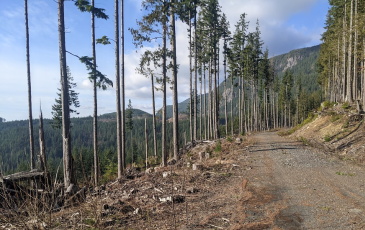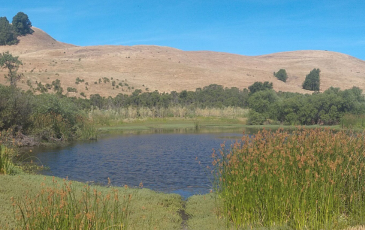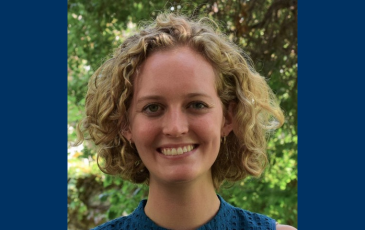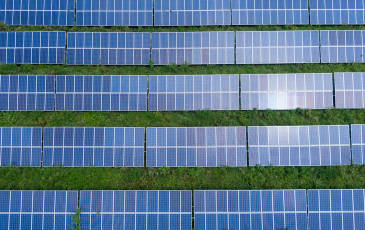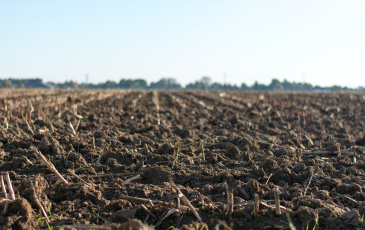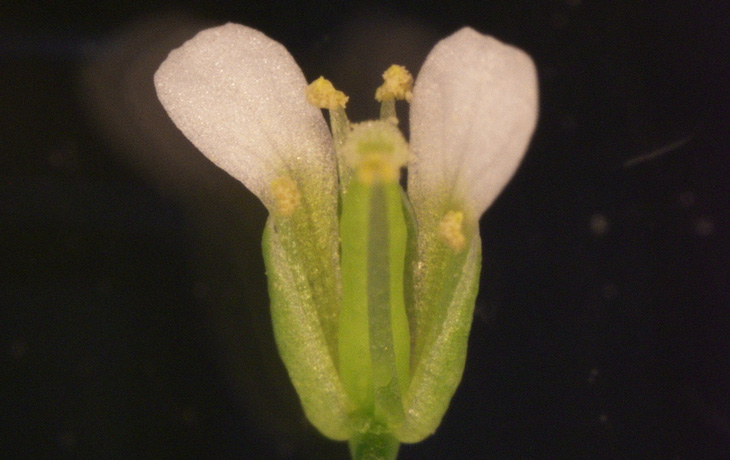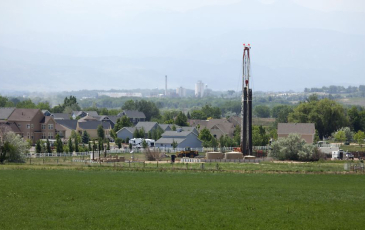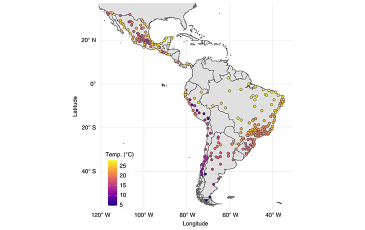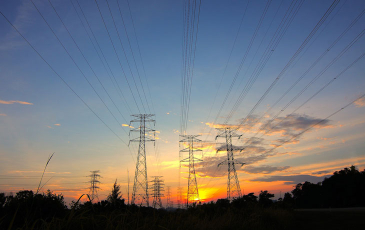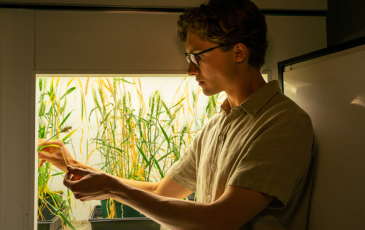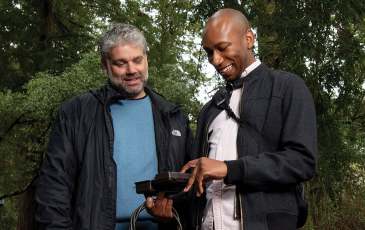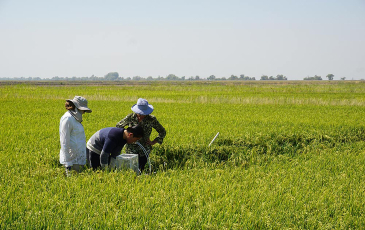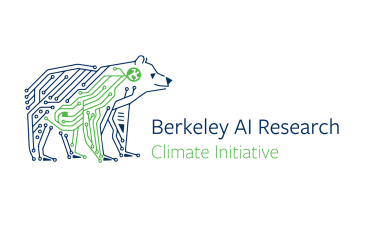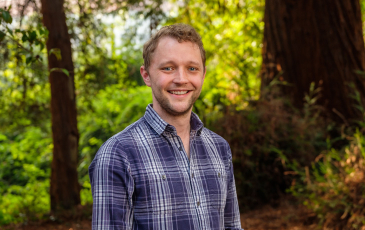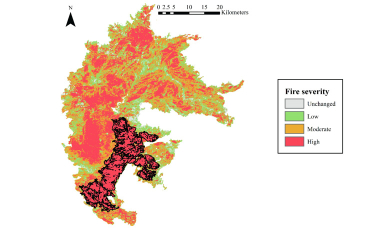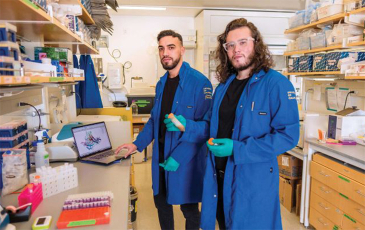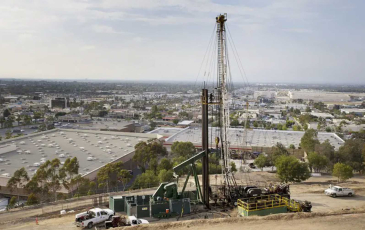Research by former ESPM PhD student Jacob Bukoski and Professor Matthew D. Potts might serve as the building blocks for carbon sequestration studies.
Understanding the function of plant diversity in wetland ecosystems
A first-of-its-kind analysis by ESPM Professor Iryna Dronova found that plant diversity plays a key role in improving seasonal biomass stability.
Understanding Plant Immune Systems Informs the Past and the Future
In a recent Wonderfest event, grad student Chandler Sutherland discusses plant and human immune systems, and how we can defend agricultural crops against disease.
CRISPR Crops: Food, Farms, and the Shape of Plants to Come
In a recent Wonderfest event grad student Evan Groover discussed how gene editing technology can meet the needs of a growing human population and a warming world.
Debunking the myths that discourage public funding of clean energy
New commentary led by ESPM Professor Jonas Meckling urges governments to spur decarbonization by moving beyond the myths surrounding public investment in clean energy that discourage the use of public funds.
How healthy soil can improve crop resilience
A new BFI policy brief suggests better soil management may be the key to climate resilience and drought tolerance in crops.
Understanding the “romantic journey” of plant reproduction
A breakthrough study by PMB Professor Sheng Luan uncovers how peptide emissions and calcium signals serve as “love notes” during the plant fertilization process.
Multi-layered strategies needed to protect public health from oil and gas drilling impacts
Rachel Morello-Frosch is senior author on a commentary out today in Environmental Research Letters on developing policies to mitigate the impact of gas and oil production.
Extreme temperatures linked to increased mortality in Latin America
ESPM Professor Iryna Dronova co-authored the multidisciplinary study published in Nature Medicine.
What will electrification cost the distribution system?
ARE Professor Meredith Fowlie breaks down new ERG research that examines one potential cost of moving toward an increasingly electrified, clean-energy future.
Can CRISPR help us deal with climate change?
Rausser College researchers lead groundbreaking research on how CRISPR can help plants thrive in a changing climate and sequester carbon in the soil to draw down greenhouse gases and reduce methane emission.
How Kendall Calhoun’s “love” for California led him to Berkeley
Learn more about the PhD student's research into the response and potential recovery of mammals, birds, and other species after extreme climate events.
Challenges and opportunities in future groundwater management in California
Ellen Bruno, an assistant professor of Cooperative Extension in ARE, breaks down California's Sustainable Groundwater Management Act in a recent Q&A with the Berkeley Food Institute.
Rausser College faculty to co-lead new carbon storage efforts at Innovative Genomics Institute
Research by PMB and ESPM faculty will be supported by an $11 million commitment by the Chan Zuckerberg Initiative.
New UC Berkeley initiative uses AI Research to solve climate problems
ESPM Professor Manuela Girotto is part of a new UC Berkeley research initiative that connects experts from AI and climate-related fields.
Ben Williams named 2022 Hellman Fellow
The program supports research by junior faculty members at UC Berkeley and across the UC system.
New study identifies contributing factors to the 2020 Creek Fire
A new study published in the journal Forest Ecology and Management has identified dead biomass and live tree dentistry as major factors in the 2020 Creek Fire.
Deciphering Microbial Mysteries
Rausser College students are helping reshape our understanding of the bacterial world.
More oil and gas wells in redlined neighborhoods
Study shows that historically marginalized communities are exposed to more wells and their accompanying pollution.
For cannabis farms, ecosystem science is scarce
High Country News interviews Phoebe Parker-Shames, a PhD candidate studying the West’s emerging, and rarely researched, industry.


